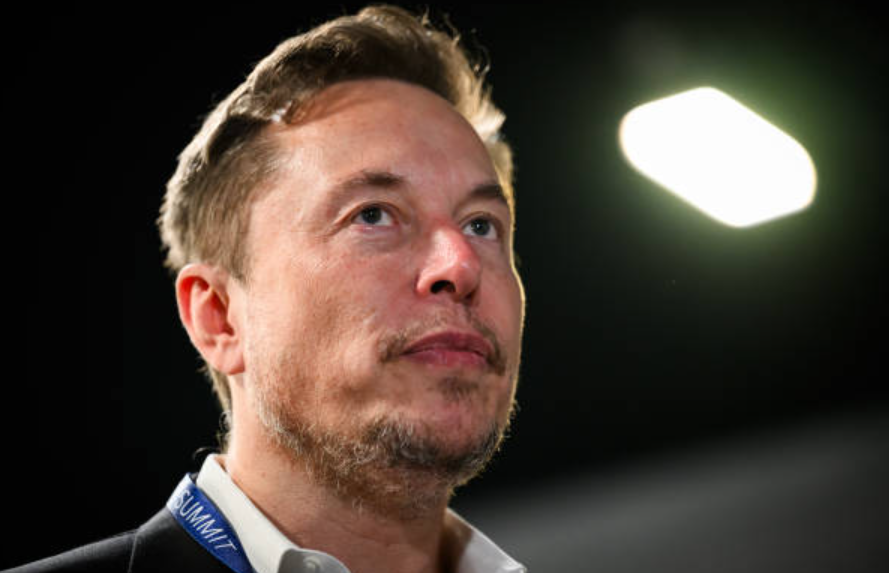Elon Musk, the billionaire entrepreneur, made an unexpected private visit to the Auschwitz-Birkenau World War II Nazi German death camp on Monday.
This move follows criticism directed at Musk for endorsing an antisemitic conspiracy theory and allowing hate messages on his social media platform, X (formerly known as Twitter).
The decision for Musk’s visit reportedly came in response to calls from Jewish religious leaders who urged him to witness firsthand the most symbolic site of the Holocaust horrors.
Photographs of Musk at the Birkenau site near Oswiecim in southern Poland surfaced, capturing the billionaire examining the wooden barracks that once served as shelters for inmates, the remains of a gas chamber, and the monument honoring the victims.
Birkenau is a fenced-off area, bearing witness to the atrocities committed during World War II, and hosts international ceremonies annually.
Initially scheduled for Tuesday, Musk’s visit coincided with a conference on antisemitism organized by the European Jewish Association, where political figures were also expected to be present.
Musk Faces Backlash Over Antisemitic Tweets

Following his visit to Auschwitz-Birkenau, Musk was slated to participate in a discussion on combating online antisemitism as part of the conference held in Krakow ahead of International Holocaust Remembrance Day on January 27, marking the camp’s 1945 liberation.
Musk faced public backlash in November for his tweets responding to a user who accused Jews of harboring hatred towards white people, to which Musk replied, “You have said the actual truth.”
The controversy led to advertisers withdrawing from X. In a subsequent response, Musk acknowledged the gravity of his statement, deeming it the dumbest post he had ever written.
The juxtaposition of Musk’s visit to Auschwitz-Birkenau with his participation in discussions on combating antisemitism reflects an attempt to address the fallout from his previous social media controversies.
Musk’s actions underscore the power and responsibility that influential figures bear in shaping public discourse and fostering tolerance.


Comments are closed.